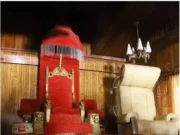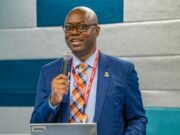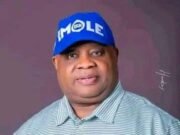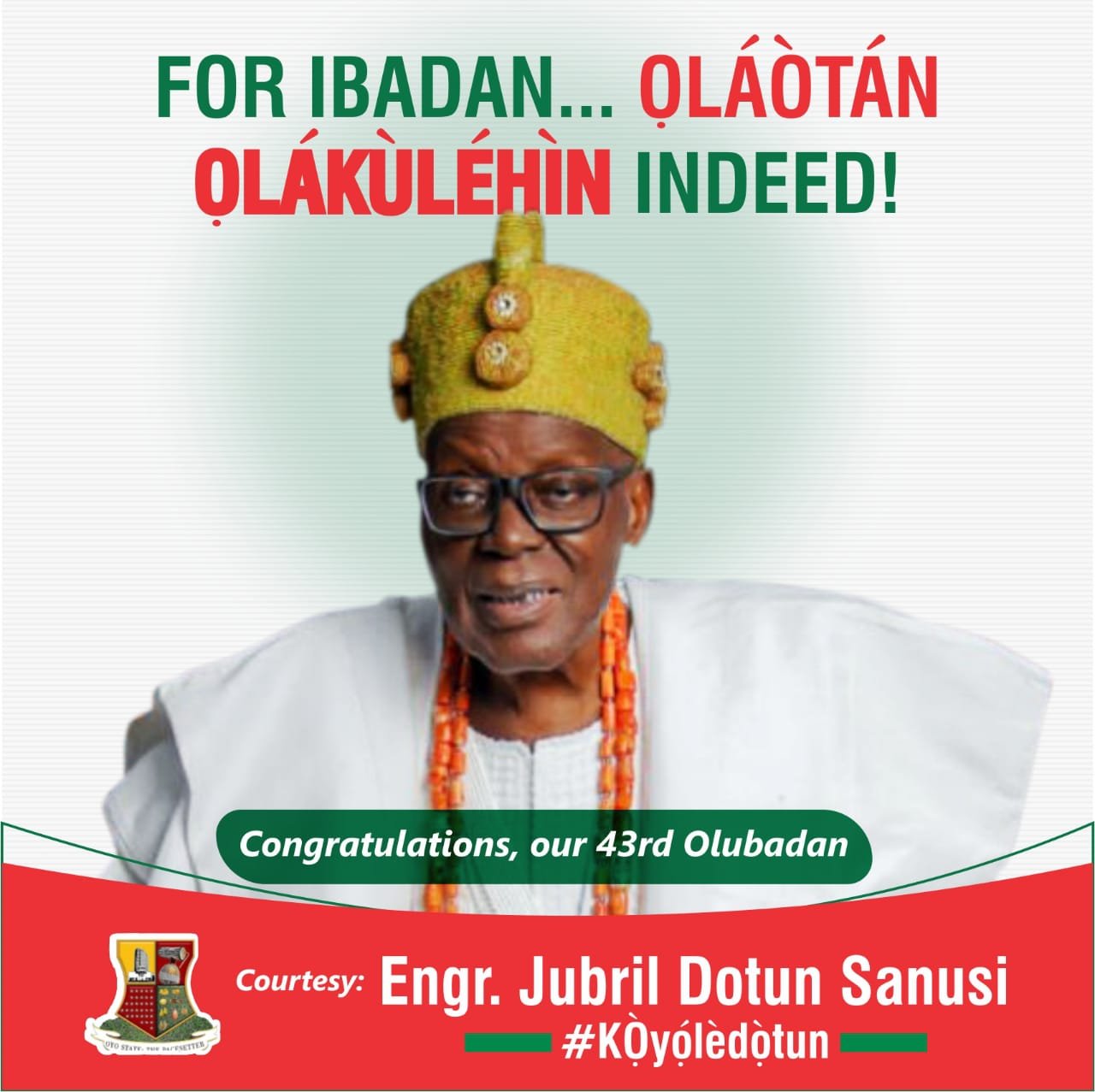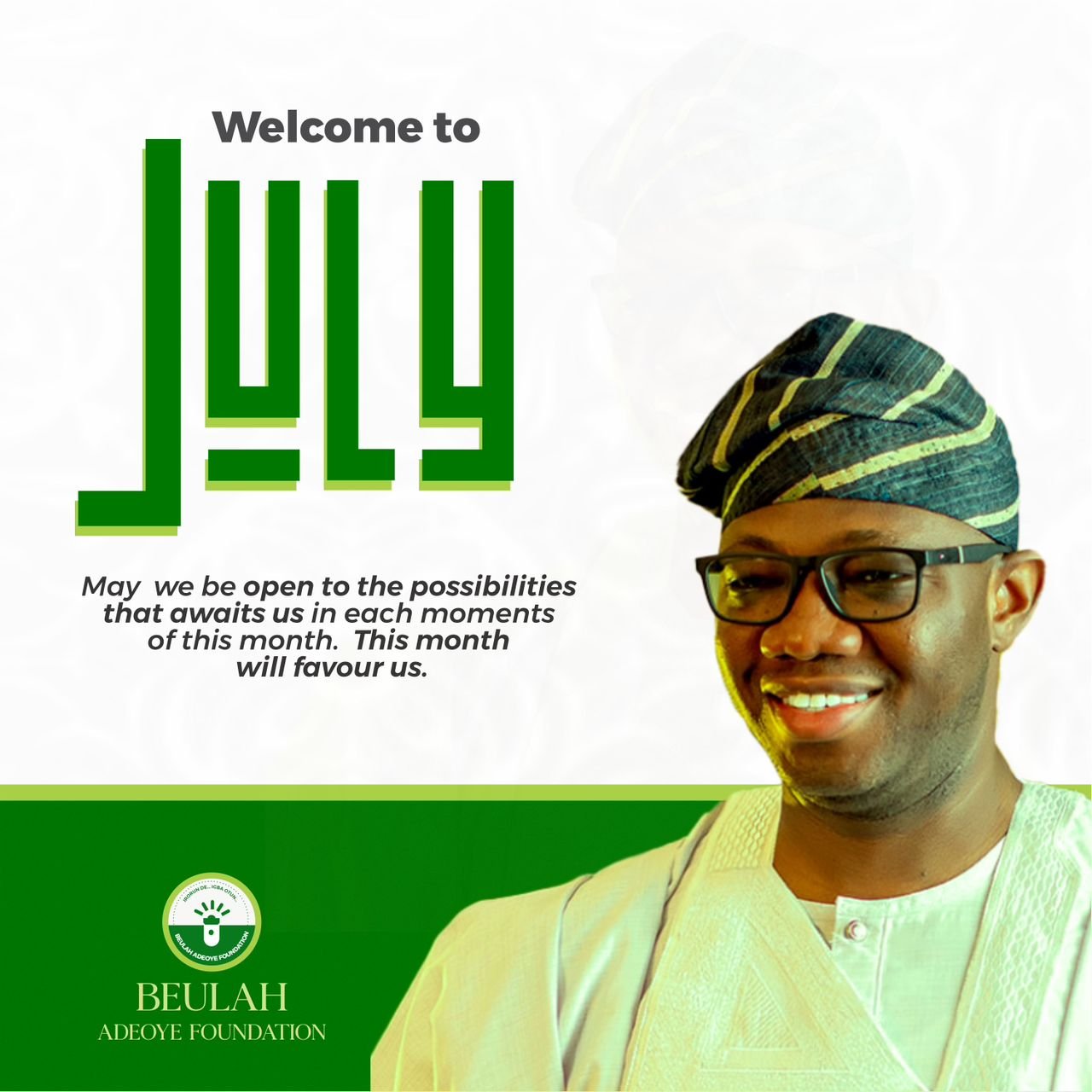A former Ghanaian member of parliament and the Minister of State, Mr. Kojo Yankah has revealed how to empower millions of African population largely dominated by youth.
Yankah disclosed this in an exclusive interview series with Dr. Toyin Falola. He said youthful population must as a matter of fact know about their history either formally or informally. He advocated for design of vocational programmes to unearth their talents while making all facilities available to drive their passion in technology. The renowned journalist submitted that innovations are the future for African youth.

When Falola asked Yankah whether Africa should adopt single language to promote harmony, he welcomes the ideal noting despite common languages adopted in Europe, the continent still found a common a platform to form union. Yankah stressed that it will take time to convince people to abandon their cultural ‘tongue’ for somebody else’s language.
When asked about the books that inspired him as a writer, Mr. Yankah disclosed that Chinua Achebe was got him more interested in writing about African society, he affirmed that he studied new crop of African literary icons in the 60s/70s like David Diop, Leapold Sedar, Kojo Awoonor and host of other brilliant writers.
Pan African Heritage World Museum was launched recently to retrieve Africa’s lost history, ideals, indigenous knowledge, and civilization and to also teach youth of today and tomorrow in order to give them inspiration for future, said; Yankah.
On why he took to writing and why the emphasis on Pan-Africanism, the respected journalist submitted; ‘’I have always loved writing. I wrote my first poem in a secondary school in the early 60s when Amilcar Cabral was killed. I was a member of the Young Pioneer Movement during the Kwame Nkrumah years, and we were taught the principles of pan Africanism; we were ahead of our peers in current affairs. Love of country, Respect for our culture, Protection of state property, and striving towards Excellence were the pillars of our code. I was editor of our school magazine, and I wrote both prose and poetry. This I took along to the University of Ghana, where I read English Literature, French, and Swahili. I formed with others the International Black Alliance, which sought to bridge the gap between African students and those from the Diaspora who increased in number on campus. My literary exploits became more evident in the Writers Society, and I walked away before I earned my first degree with the coveted Langstone Hughes Prize for Poetry in my second year and the David Nicholson Prize for Creative Writing in my third year’’.





